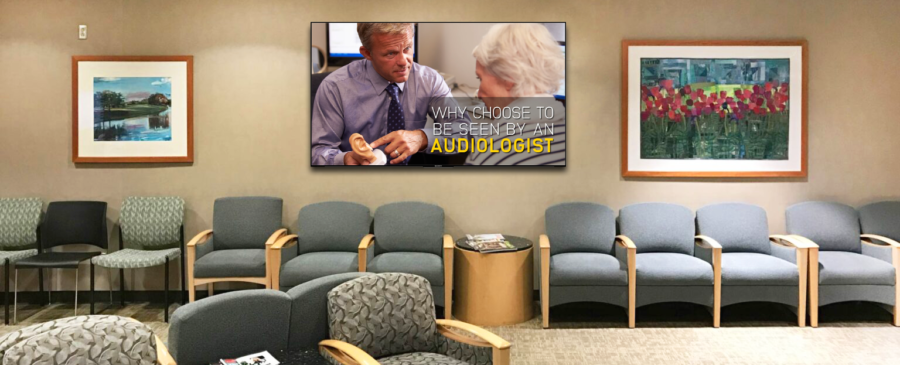Confirmation Bias in Hearing Care

Confirmation bias refers to the cognitive tendency of individuals to favor information that confirms their existing beliefs or hypotheses while disregarding or downplaying contradictory evidence. In the context of hearing loss, confirmation bias may manifest when patients have preconceived notions about the severity of their condition or specific treatment options. When faced with a diagnosis of hearing loss, patients may unconsciously seek out information that aligns with their initial expectations, potentially overlooking alternative options or dismissing contradictory advice.
Confirmation bias can have a profound impact on an individual’s mindset when diagnosed with hearing loss. Here’s how it may manifest and how hearing care providers can use this insight to better treat the patient:
- Reinforcing preconceived notions: If a patient holds preconceived notions about hearing loss, such as the belief that it is irreversible or that hearing aids are ineffective, confirmation bias may lead them to selectively focus on information that supports these beliefs. As a result, they may resist considering alternative treatment options or dismiss recommendations that challenge their existing beliefs.
- Downplaying contradictory information: When presented with contradictory information or treatment options, individuals with confirmation bias tend to downplay or ignore such information. They may seek validation for their initial beliefs and disregard evidence that suggests alternative approaches could be more beneficial. This can limit their willingness to explore diverse treatment options that may be more suitable for their specific needs.
- Filtering information sources: Confirmation bias may lead individuals to seek out information from sources that align with their existing beliefs. They may selectively engage with online communities, forums, or personal anecdotes that confirm their expectations rather than considering a broader range of evidence-based information. This filtering can hinder their ability to make well-informed decisions.
To better treat the patient, hearing care providers can utilize the insights into confirmation bias in the following ways:
- Cultivate a supportive and open environment: Hearing Care Providers should create an atmosphere that encourages patients to express their beliefs, concerns, and expectations openly. By fostering trust and empathy, the audiologist can help patients feel comfortable discussing their preconceived notions about hearing loss and potential treatments.
- Elicit patient perspectives: Actively listening to the patient’s beliefs and concerns allows the audiologist to understand their mindset and any potential confirmation biases. This helps Hearing Care Providers tailor their communication and treatment recommendations to address those biases effectively.
- Provide comprehensive information: Hearing Care Providers should present a wide range of evidence-based information, including different treatment options, their benefits, limitations, and potential outcomes. This helps counter confirmation bias by offering a more nuanced and comprehensive view of the available interventions.
- Engage in shared decision-making: Collaborating with the patient in the decision-making process empowers them and helps mitigate the influence of confirmation bias. Hearing Care Providers should involve the patient in discussions, consider their preferences, lifestyle, and goals, and provide the necessary support to make informed choices.
- Offer reassessment and education: Over time, patients’ beliefs and biases may evolve as they gain more knowledge and experience with their hearing loss. Hearing Care Providers should periodically reassess the patient’s understanding and address any misconceptions, providing ongoing education to promote a more accurate understanding of hearing loss and treatment options.
By recognizing the potential impact of confirmation bias and tailoring their approach accordingly, Hearing Care Providers can enhance patient-centered care, improve treatment outcomes, and help individuals with hearing loss make more informed decisions about their hearing health.


